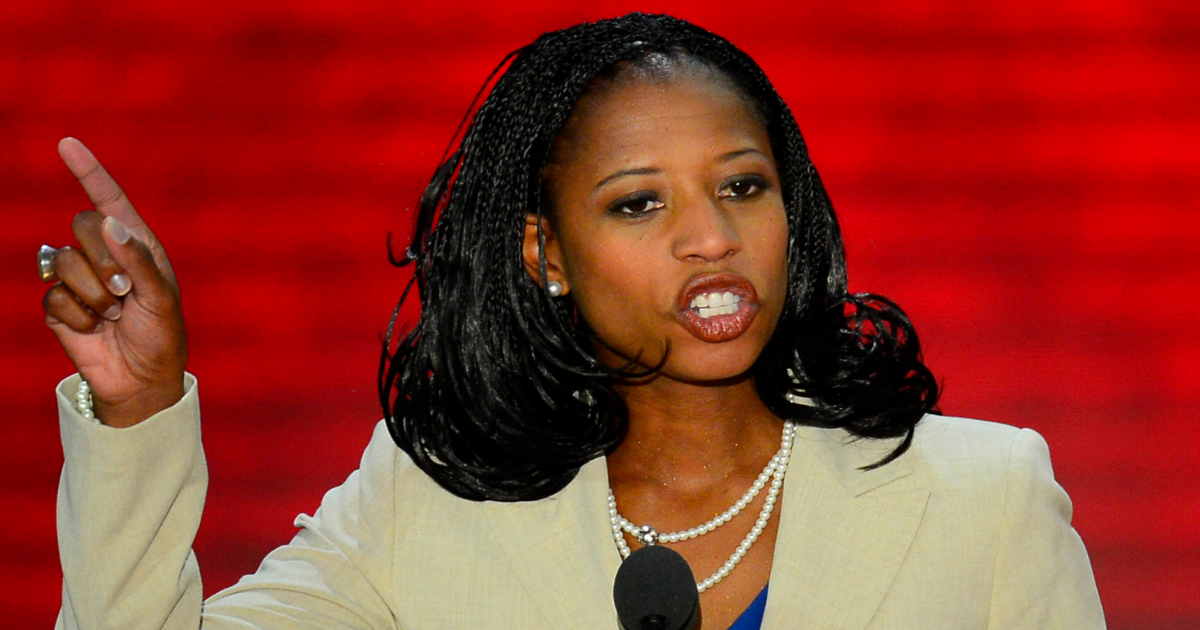Why would a staunchly conservative, largely rural Republican state suddenly support the most left-wing candidate to run since Eugene V. Debs, a self-proclaimed Socialist from Brooklyn, New York?
In short: economic justice and respect for labor. Bernie Sanders “knows what the union is, and he respects it.” That statement, printed in a recent Washington Post article, comes from Shelly Brannon, a 62-year-old member of the United Mine Workers of America. Since 2008, West Virginia’s coal-mining region has switched from a Democratic stronghold to a bastion of the GOP. Now, it’s switching back – with a vengeance.
It all comes down to people’s pocketbooks. It is true that environmental and climate change has led to job losses in the area. Given Sanders’ support of such legislation, one would think the socialist from Vermont wouldn’t be getting much traction. Add to that his liberal positions on social issues, such as same-sex marriage, and it’s surprising that locals would give Sanders the time of day.
Nonetheless, the overarching issue in this campaign, which is resonating with people on both sides of the social and cultural divide, is economic justice. Americans of all stripes are discovering that who one marries doesn’t matter much when the cupboard’s bare and you’re barely hanging on to your home. Sanders proved this recently when he spoke at ultra-conservative Christian Liberty University.
He says:
We have millions of working-class people who are voting for Republican candidates whose views are diametrically opposite to what voters want. How many think it’s a great idea that we have trade policies that lead to plants in West Virginia being shut down? How many think there should be massive cuts in Pell grants or in Social Security? In my opinion, not too many people.
. . .
We do have differences…I believe in gay marriage. I’m not going to change your view if you don’t. I believe climate change is absolutely real, and some of you do not. But how many of you think we should give hundreds of billions in tax breaks to the richest one percent?
Not the people in West Virginia’s coal region. They may not understand sexual differences or the science of climate change, but they know when the corporate oligarchy is giving them the shaft. One of the attendees at a Sanders rally in Morgantown on October 2nd offered a petition to the Almighty: “Lord, we know that Satan has those corporate thieves…and they’re still trying to rob us.”
And they are. Case in point: the former CEO of Massey Energy, Don Blankenship. He’s now facing criminal charges in connection with the 2010 explosion at Upper Big Branch Mine, which took the lives of 29 workers. There are allegations that the sale of Massey to Alpha Natural Resources the following year was engineered in order to protect the company from liability. Blankenship, whose story was the inspiration for the John Grisham novel The Appeal (in which a corporate billionaire stockholder buys an election in order to get a judgment overturned), was a virtual dictator over the company and its workers. He used his wealth to bust unions, skirt safety regulations and buy politicians.
The people of West Virginia, like those across the country, are waking up. The blinders are off; they know who has been screwing them as well as how and why. Sanders is the only candidate who has the guts to stand up and point it out – and he’s the only candidate who has offered any real plans for dealing with the problem.
Those social “wedge issues” may have worked for a generation – but the oligarchy finally appears to have overreached itself. Social conservatives may not accept the idea of two men or two women marrying – but they can no longer stomach the fact that monsters like Don Blankenship can get away with murder and global corporations can steal the food out of their mouths.
That’s bad news for the GOP and the corporate wing of the Democratic Party – but good news for the Progressive Movement.



